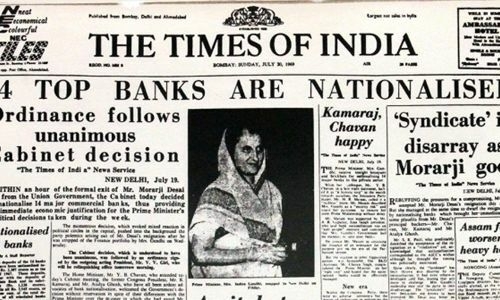What is the 25th Amendment Act?
By BYJU'S Exam Prep
Updated on: November 9th, 2023
The 25th Amendment Act shortened the fundamental property right in 1971, and any law passed to carry out the Directive Principle set forth in Article 39(b) or (c) cannot be challenged on the grounds that it violates the rights guaranteed by Articles 14, 19, or 31.
Table of content
25th Amendment of the Indian Constitution
It changed Article 31 and added a new Article 31C, making it impossible for people to challenge laws governing the purchase of a property. A fundamental property right was established by Article 31. It specified that anyone who had their property taken by the government was due compensation.

Goal of the 25th Constitutional Amendment
The aim was to change the Supreme Court’s ruling in the case of R.C. Cooper v. Union of India (1970), where the High Court knocked down the ruling, i.e., Banking Companies Act, 1969 (Acquisition and Transfer of Property), because it disobeyed the Indian Constitution. It proved to be a monumental case for the Indian judicial system as it had a major impact.
- As a result, it asked Parliament to pass the 25th Constitutional Amendment, which would have overturned the Supreme Court’s decision.
- On April 20, 1972, the Constitution (Twenty-Fifth Amendment) Act 1971 was passed by Parliament.
- The 25th Constitutional Amendment’s goal was to strip the Supreme Court of its ability to choose the amount of compensation for taking over property for public use.
Related Questions:
- How Peninsular Plateau is Formed?
- What are the Objectives and Tools of Monetary Policy?
- Microorganisms Act Upon The Dead Plants To Produce
- What are the Advantages and Disadvantages of Dams?
- What is the Rank of India in the Production of Rice?
- Why Did the Institutional Revolutionary Party (PRI) in Mexico Never Lose an . . .
- Describe any Five Characteristics of Democracy
